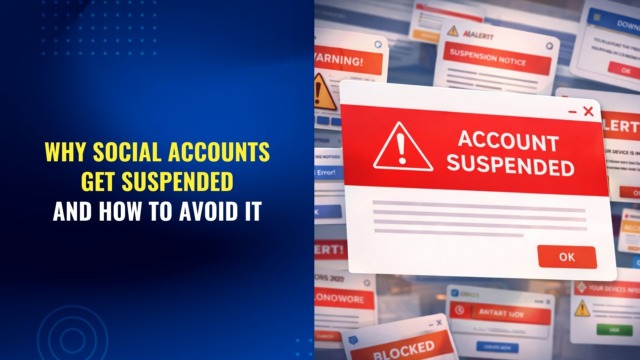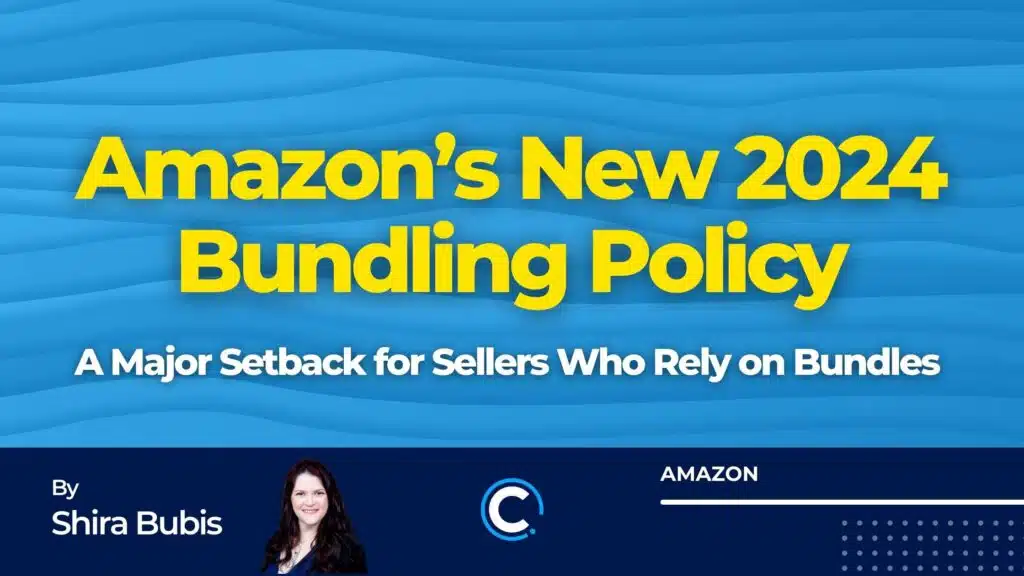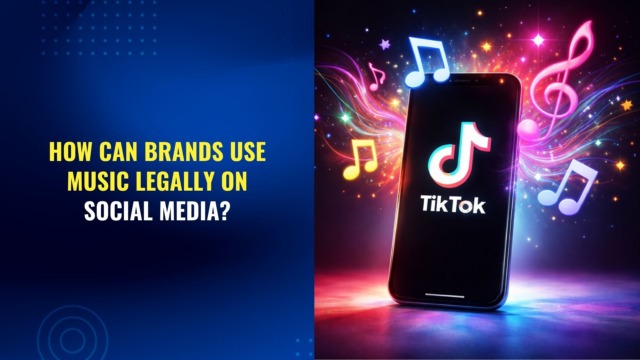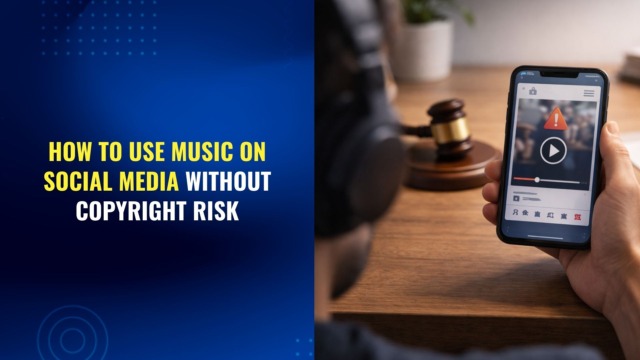
Book a FREE 15-minute consultation with an expert – Book Now
Amazon’s New 2024 Bundling Policy: A Major Setback for Sellers Who Rely on Bundles

What is a Bundle?
In the world of e-commerce, a “bundle” is a listing that combines two or more complementary products sold together. Amazon sellers have long used bundles as a strategy to offer unique, value-driven combinations that save customers time and add convenience. Think of a private label kitchen gadget paired with a well-known brand of cooking utensils, or a custom-designed electric toothbrush bundled with popular branded toothpaste. These bundles serve the customer’s needs by offering complementary products in a single purchase and allow sellers to differentiate their offerings.
However, Amazon’s recent policy update for consumable product bundles is causing major upheaval. Effective October 14, 2024, the new policy mandates that only the original manufacturer—who must be the brand owner of all items in the bundle—can create these bundled listings. Sellers can no longer mix products from different brands, nor can they list bundles under their private label brands. This seemingly straightforward change could have devastating effects on sellers who have built their businesses around the bundling model, stripping them of the flexibility they’ve relied on to attract customers.
For sellers who depend on bundling as their primary business method, this feels like a sudden and harsh shift. Now, they’re restricted to bundles pre-packaged by manufacturers, cutting off the personalized options they once provided. And it doesn’t just affect sellers creating random combinations—this change impacts those who, for years, have bundled private label products with high-quality branded items to meet customer needs in creative ways. Sellers who’ve built legitimate, valuable bundles are now faced with the very real threat of being pushed out of Amazon’s marketplace.
Legitimate Amazon Bundle Sellers Are Feeling the Squeeze
Amazon’s bundling policy has always been tricky to navigate. According to the rules, the listing should reflect the brand of the most expensive item in the bundle. This rule is supposed to help establish transparency, but it presents significant obstacles for sellers who include branded items in bundles that are technically dominated by their own private label product. For example, if a seller offers a custom-designed electric toothbrush that costs more than the branded toothpaste it’s paired with, they’re required to list the bundle under their private label brand. In cases like this, even sellers who follow the rules are facing unfair suspensions because Amazon challenges their valuation of the private label item as the more expensive product in the bundle.
Meanwhile, brands that oppose their products being resold by unauthorized sellers—or dislike the idea of their items being bundled without permission—are increasingly filing IP complaints. This brings us to a critical legal concept that’s getting lost in the mix: the First Sale Doctrine. Under this doctrine, sellers have the right to resell genuine branded products without needing the brand owner’s approval, as long as the items remain in their original, unaltered state. Sellers who adhere to the First Sale Doctrine—especially those who bundle with private label items that are genuinely more expensive—are getting caught in the crossfire of Amazon’s policy enforcement.
By restricting sellers from bundling and reselling these products, Amazon may be disregarding established trademark law and important defenses like fair use. This policy shift not only puts compliant sellers at risk but also raises questions about Amazon’s respect for legal principles that protect lawful resellers.
A Catch-22 for Amazon Sellers Relying on Bundles
Sellers caught in this web are facing a stark choice: if they list the bundle under a known brand because it’s more expensive, they lose control over the listing, which then falls under the control of the brand’s registry. This means a seller could be locked out of their own listing as the brand’s registry effectively “owns” it—sometimes without any real interest in supporting or promoting the bundle. For example, a Dell computer bundled with a private label charging cable might require the listing to be associated with Dell. But Dell, lacking access to the private label item, can’t sell the bundle, so the listing languishes in limbo, rendering the seller’s efforts worthless.
On the other hand, sellers who attempt to retain control by listing under their private label brand face suspension for violating Amazon’s bundling policies. The lack of consistency in how these policies are applied is forcing many sellers into a Catch-22, leaving them vulnerable to Amazon’s sweeping enforcement actions. Sellers who depend on bundling for income now face an impossible choice: follow the policy and risk brand interference or assert control and risk suspension.
This policy shift has placed sellers in a precarious position, casting doubt on the future of bundling as a viable business model. For those who rely on it to create valuable, unique offerings, Amazon’s latest move represents a fundamental threat. The platform’s approach to enforcement, which often involves automated bots suspending listings based on IP concerns, leaves sellers with little recourse. Although Amazon’s own policies support the principles of the First Sale Doctrine, the reality is that sellers find themselves facing mounting obstacles as they try to comply with ever-evolving rules.
Amazon’s Enforcement Timeline on The New Bundles Policy
Amazon has stated that it will delay enforcement of the updated policy on existing bundles until late Q4 2024, promising sellers 30 days’ notice before any non-compliant listings are suppressed. While this grace period offers a brief window for sellers to adjust, it’s cold comfort for those who have relied on bundles as a core part of their business model. The message is clear: adapt quickly or face potentially crippling disruptions.
As a final note, it’s worth mentioning the irony of Amazon’s timing. While the company states that it will provide notice before enforcing the new changes, the announcement of this policy came just one day after it was already in effect—effective October 14, 2024, and published on October 15, 2024—smack in the middle of Q1, right before the critical holiday shopping season. As Amazon continues to reshape its marketplace with these policy changes, we’re closely monitoring the developments. Sellers who rely on bundles as their primary business method should be prepared to adapt quickly, seek professional guidance, and stay informed as the landscape evolves. We’ll be here to provide insights and support as Amazon’s bundling policy unfolds and its impact becomes clearer.
Legal Disclaimer: The articles published on our platform are for informational purposes only and do not constitute legal advice in any form. They are not intended to be a substitute for professional legal counsel. For any legal matters, it is essential to consult with us or a qualified attorney who can provide advice tailored to your specific situation. Reliance on any information provided in these articles is solely at your own risk.
Amazon Brand Registry – Discover for Free if You’re Eligible
Increase Your Chance of Getting a
Trademark to 96%
Subscribe to Our Newsletter
Sign up to receive valuable information on E-Commerce and intellectual property

